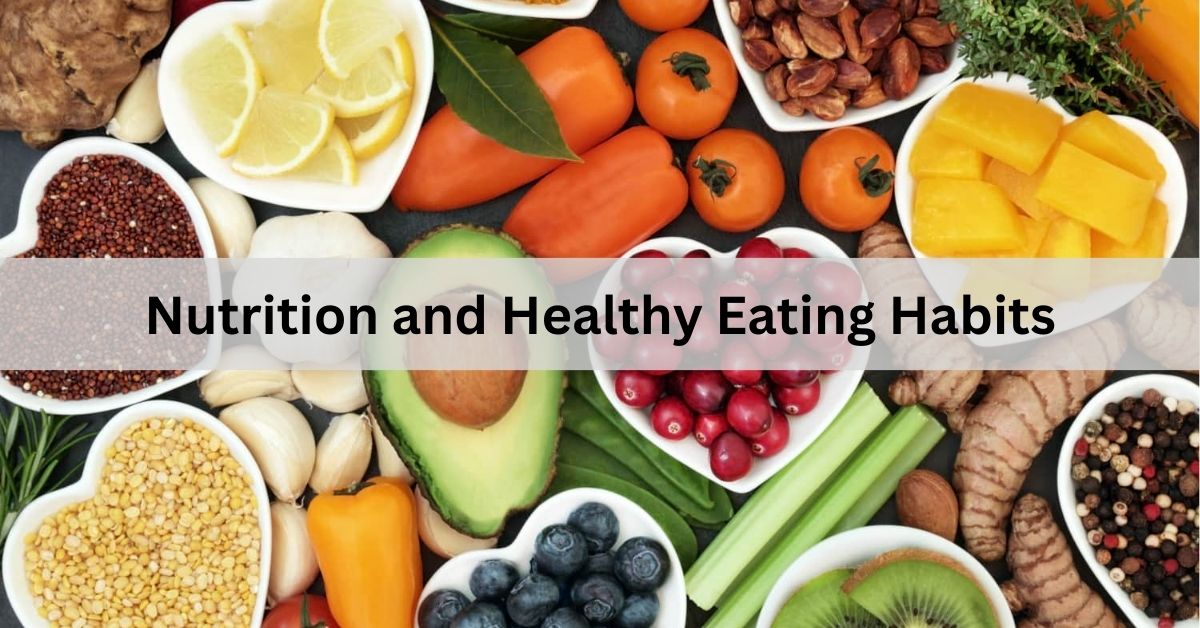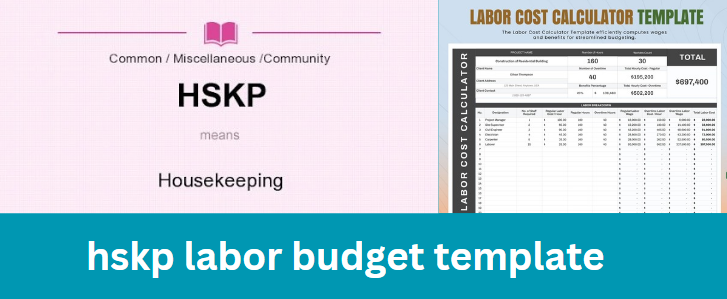Maintaining proper nutrition and healthy eating habits is essential for overall well-being and longevity. This article explores the fundamentals of nutrition, the benefits of healthy eating, practical tips for incorporating nutritious foods into your diet, and how to cultivate sustainable habits for a healthier lifestyle.
Understanding Nutrition Basics
Nutrition is the process by which our bodies obtain and utilize nutrients from food to support growth, repair tissues, and maintain bodily functions. A balanced diet consists of essential nutrients, including carbohydrates, proteins, fats, vitamins, minerals, and water, each playing a vital role in promoting health and preventing diseases.
Benefits of Healthy Eating Habits
- Improved Overall Health: Consuming a variety of nutritious foods provides essential vitamins and minerals that support immune function, bone health, and organ function, reducing the risk of chronic diseases such as heart disease, diabetes, and certain cancers.
- Weight Management: Adopting healthy eating habits, such as portion control and choosing nutrient-dense foods, helps maintain a healthy weight and promotes optimal body composition.
- Enhanced Energy Levels: Nutrient-rich foods provide sustainable energy throughout the day, improving productivity, concentration, and physical performance.
- Better Digestive Health: A diet rich in fiber from fruits, vegetables, and whole grains supports digestive health, regulates bowel movements, and reduces the risk of digestive disorders like constipation and diverticulosis.
- Mental Well-being: Certain nutrients, such as omega-3 fatty acids found in fish and antioxidants in fruits and vegetables, promote brain health, mood stability, and cognitive function, contributing to overall mental well-being.
Practical Tips for Healthy Eating
- Eat a Variety of Foods: Include a diverse range of fruits, vegetables, whole grains, lean proteins (such as poultry, fish, beans, and nuts), and healthy fats (like olive oil and avocados) in your daily meals.
- Portion Control: Be mindful of portion sizes to avoid overeating. Use smaller plates and bowls, and listen to your body’s hunger and fullness cues.
- Stay Hydrated: Drink plenty of water throughout the day to maintain hydration, support bodily functions, and aid digestion. Limit sugary drinks and alcohol consumption.
- Limit Processed Foods and Added Sugars: Minimize intake of processed foods high in added sugars, salt, and unhealthy fats. Opt for whole, unprocessed foods whenever possible.
- Plan and Prepare Meals: Plan meals ahead of time to make healthier choices and avoid relying on convenience foods. Cook at home using fresh ingredients to control ingredients and portion sizes.
Cultivating Sustainable Healthy Eating Habits
- Set Realistic Goals: Start with small, achievable goals such as incorporating one new vegetable into your meals each week or swapping sugary snacks for fresh fruit.
- Practice Mindful Eating: Pay attention to your food choices, savor flavors, and chew slowly to enhance digestion and satisfaction from meals.
- Seek Professional Guidance: Consult a registered dietitian or nutritionist for personalized guidance on nutrition, meal planning, and addressing specific health concerns or dietary restrictions.
- Stay Consistent: Consistency is key to establishing healthy eating habits. Make gradual changes over time and be patient with yourself as you adopt a balanced and sustainable approach to nutrition.
Conclusion
Nutrition and healthy eating habits are fundamental pillars of a healthy lifestyle, providing essential nutrients that support physical health, mental well-being, and overall quality of life. By prioritizing nutrient-rich foods, portion control, and mindful eating practices, individuals can cultivate sustainable habits that promote longevity and vitality. Embrace the journey towards healthier eating habits, and empower yourself to nourish your body with the wholesome foods it deserves for a healthier and happier life.

























+ There are no comments
Add yours